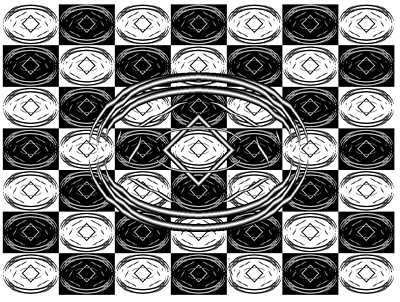All Nonfiction
- Bullying
- Books
- Academic
- Author Interviews
- Celebrity interviews
- College Articles
- College Essays
- Educator of the Year
- Heroes
- Interviews
- Memoir
- Personal Experience
- Sports
- Travel & Culture
All Opinions
- Bullying
- Current Events / Politics
- Discrimination
- Drugs / Alcohol / Smoking
- Entertainment / Celebrities
- Environment
- Love / Relationships
- Movies / Music / TV
- Pop Culture / Trends
- School / College
- Social Issues / Civics
- Spirituality / Religion
- Sports / Hobbies
All Hot Topics
- Bullying
- Community Service
- Environment
- Health
- Letters to the Editor
- Pride & Prejudice
- What Matters
- Back
Summer Guide
- Program Links
- Program Reviews
- Back
College Guide
- College Links
- College Reviews
- College Essays
- College Articles
- Back
Words
Words: spoken, written, drawn. They are the gateway to the human mind. They are our technique for communication. We’ve created laws for our words. Using grammar, diction, syntax, punctuation, we express ourselves with our words by putting it in books and stringing it into poetry and music.
Using words to define us is an art. Authors and poets take year of mastering the laws of grammar and punctuation to crate novels and books that are used for thousands of thing. If they don’t follow the laws set down by those before us, the world would come to a misunderstanding. A question mark and the order of your words can make the entire emotion of a phrase change in an instant. For example if you say ‘You did steal the money,’ instead of ‘Did you steal the money?’ the implication of the phrase goes from accusation to inquiring. The laws of grammar and punctuation rule our sentences, but sentences would be nothing without the words themselves.
The choices an author or poet for the words they use in their works effect not only the tone, but they can express the setting and audience. Diction is the choice of words used in a body of literature. Connotation and denotation of our words defines the emotions we wish to portray. The words an author may use while a character speaks reflects the background and setting that the book is, such when an author uses ‘biscuit’ to define a cookie you can inference that either the setting of the book is in England or a British area, that a character is British in origin, or that in fact the author is British. The words we choose define everything we express. Even if words provide the emotion, sentences are the true way we express.
Syntax is the sentence structure of a body of literature. We change it to fit our audience. If an author wished to write a kids book they may wish to use simple sentences, instead of compound complex sentences. A professor would your more complex and structured sentences when writing a text book on their given subject. Syntax makes the audience.
Words are used to express. We express in every way using the laws of punctuation and grammar and using syntax and diction to define our emotion and audience. Words make up our world. Every sentence has it meaning and use and it takes the right knowledge to understand what each means. Words are our tools to unlock the workings of minds and hearts of humanity.

Similar Articles
JOIN THE DISCUSSION
This article has 0 comments.
